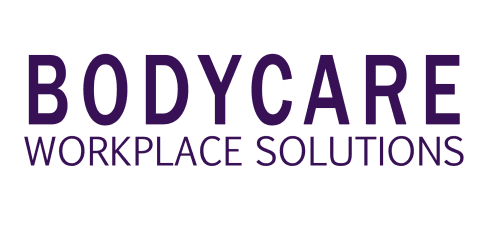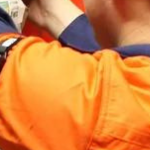
Employer responsibilities with audiometric testing following NSW’s recent regulatory updates
In Australia, certain industries and workplaces are legally required to conduct regular audiometric (hearing) testing for workers. This is because workers across several occupations (including mining, manufacturing, construction, and aviation) are at an increased risk of experiencing noise-induced hearing loss. In this article, we will outline the NSW government’s recent changes to hearing test requirements in the state and clarify employer obligations toward workers.
What’s new in 2024?
The NSW Government has approved the commencement of Clause 58 – Audiometric Testing under the Work Health and Safety (WHS) Regulation 2017 from 1 January 2024. This comes after an extensive period of public consultation in 2022.
What does this mean for employers in NSW?
From 1 January 2024, NSW employers are required to provide and pay for audiometric testing to any of their workers who are frequently required by them to use personal protective equipment (hearing protection). This change was introduced to protect workers from the risk of hearing loss associated with noise that exceeds the noise exposure standard.
For existing workers
If your workers are required to frequently use hearing protection as a control measure for noise that exceeds the current exposure standard, it is your responsibility to arrange and pay for their hearing test.
For existing workers employed before 1 January 2024, you must ensure that hearing tests are conducted before 1 January 2026.
For new workers
For new workers, a baseline hearing test must be completed within three months of them commencing employment. A follow-up monitoring hearing test must then be undertaken at least every two years during their employment.
For workers exposed to high average noise levels throughout their work shift, (e.g., greater than 100dB(A)), hearing tests may be required on a more regular basis.
What are employers’ responsibilities after a hearing test?
Keep records
Ensure that all hearing test reports are kept confidential. Workers should also receive a copy of their hearing test reports when their employment ends.
Minimise noise pollution
Workplaces are typically noisy environments. This can negatively affect workers’ performance and health, and the risks associated with noise pollution extend beyond hearing loss. Exposure to loud or prolonged noise can also lead to stress responses in the body – including increased heart rate, blood pressure, and cortisol levels – which is why taking actionable steps to minimise noise pollution is the best way forward.
Review noise control measures if a threshold shift or tinnitus is reported
When either a significant permanent threshold shift is detected or there is a diagnosis of tinnitus, as the employer, you should assess the noise control measures in the workplace regularly to reduce the risk of additional hearing damage in the future.
Next steps may include:
- Reviewing worker tasks to flag changes that may have caused an increase in noise exposure.
- Ensuring that hearing protectors worn by workers are sufficient for the noise level that they are exposed to.
- Retraining workers to ensure that hearing protectors are fitted and worn correctly.
- Ensuring that workers wear hearing protection consistently throughout their work shifts.
Suppose a worker’s hearing loss interferes with their ability to work safely. In that case, as the employer, you should ensure that all reasonably practicable steps are taken to modify the work environment, including implementing:
- Volume control on equipment such as telephones,
- Acoustically treated meeting areas with low noise and low sound reflections,
- Supplementary visual warning signals, or
- Alternative work for the worker if other measures do not remedy the situation.[1]
To organise audiometric testing or health surveillance at your workplace, please get in touch with the friendly and dedicated Bodycare team today.
[1] SafeWork NSW – Hearing test requirements for NSW Workers


